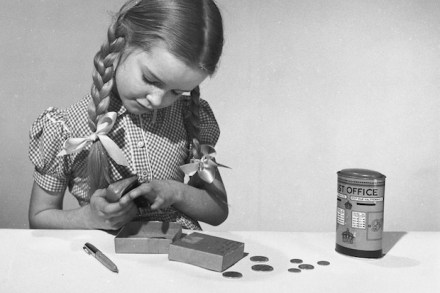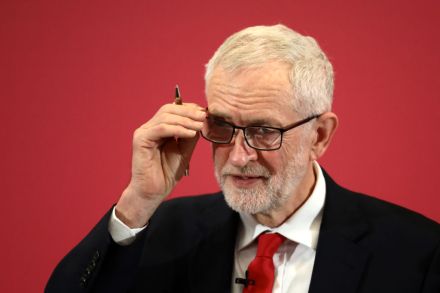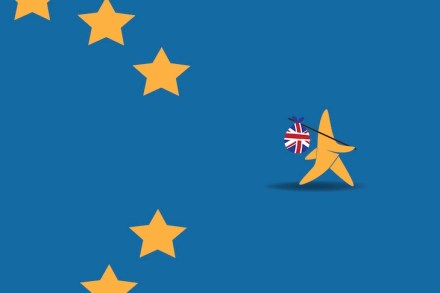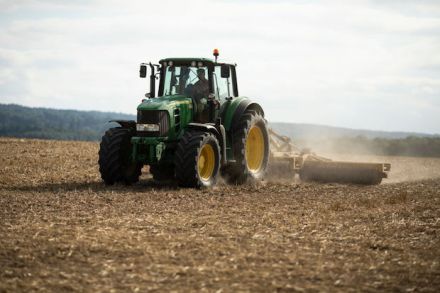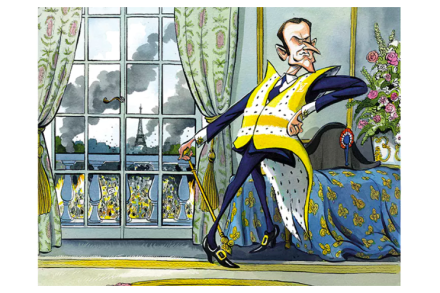In his famous speech to both Houses of Parliament in March 1960, General de Gaulle praised Britain: ‘Although, since 1940, you have gone through the hardest vicissitudes in your history, only four statesmen [Churchill, Attlee, Eden and Macmillan] have guided your affairs in these extraordinary years. Thus, lacking meticulously worked-out constitutional texts, but by virtue of an unchallengeable general consent, you find the means on each occasion to ensure the efficient functioning of democracy.’ De Gaulle admired us and disliked us, and concluded that we threatened France if we joined the EEC. So he blocked our entry. He was right about us, wrong about the effect of our joining. By
